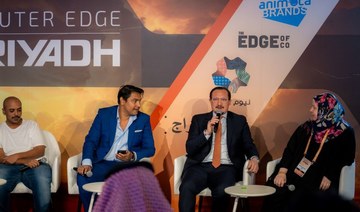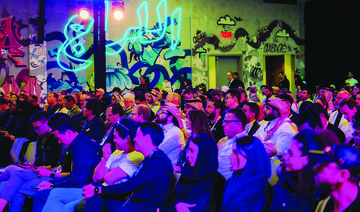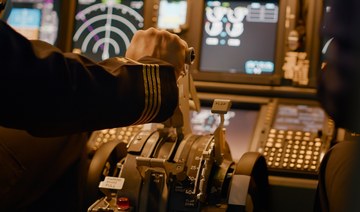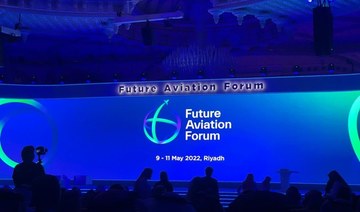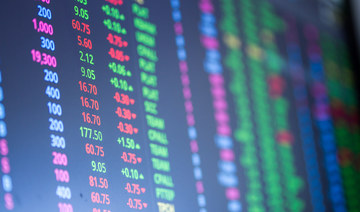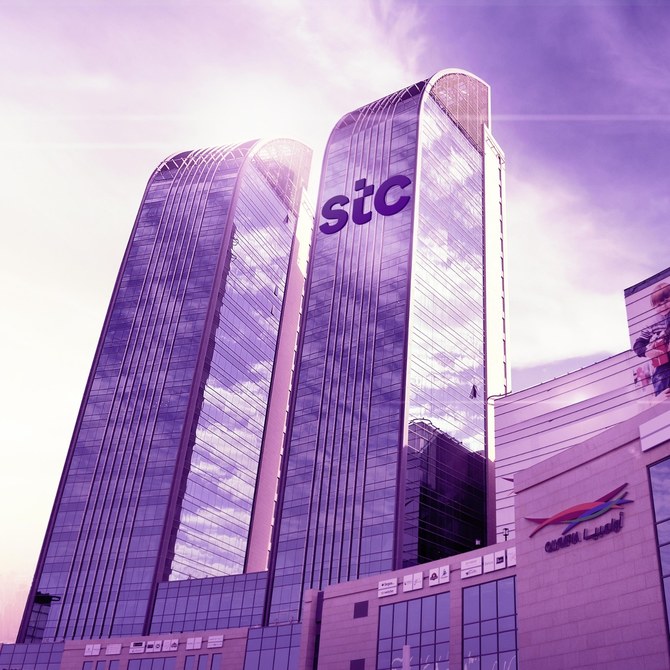RIYADH: Saudi Arabia’s business environment has witnessed a drastic shift in recent years as employers consider artificial intelligence a critical tool for their operations.
With the Kingdom hosting major technology events like LEAP, regional business owners and employees have recognized the need to upskill their proficiency in AI-related operations to catalyze growth.
Talking to Arab News, Rami Mourtada, partner and director of Boston Consulting Group, said companies in Saudi Arabia should set their AI agenda imminently and prepare to adapt to this dynamic evolution.
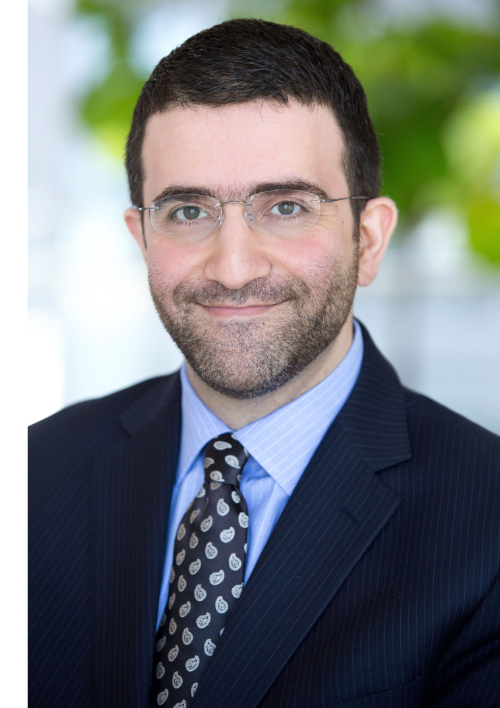
Rami Mourtada
“Transformative AI adoption in the Kingdom cannot happen without proper business adoption, and businesses that haven’t should quickly set their own AI agenda, define a strategic AI roadmap, pilot promising use case, and engage the organization properly for this change,” said Mourtada.
He added: “As business leaders progress this journey, events like LEAP are important for learning from other businesses’ experience, engaging with experts to help refine their agenda, and getting new ideas for use case to pilot.”
Bridging the AI gap between employers and employees
A current report by US-based management consulting firm Oliver Wyman disclosed that Saudi Arabia and the wider Middle East region have invested heavily in national AI strategies in recent years, and the approach is paying off.
The study revealed that the Kingdom’s young population born between 1997 and 2010 has already recognized the benefits of this new technology, with more than half acknowledging the advantages AI will offer in enhancing productivity.
Ana Kreacic, chief knowledge officer at Oliver Wyman, said that bridging the gap between employers and employees is necessary to ensure the smooth adoption of AI in businesses.
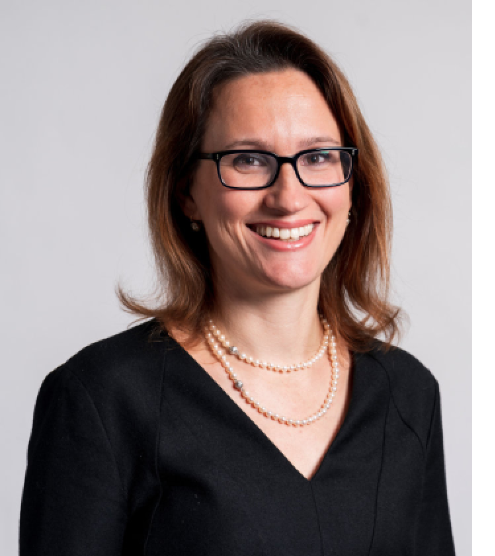
Ana Kreacic
“Currently, there is a big disconnect between employers and employees. While CEOs recognize AI’s potential and many already are redesigning work to improve productivity, streamline operations, or gain a competitive advantage, they underestimate many aspects of the technology,” said Kreacic.
She added: “Businesses should create a shared mission around AI’s adoption, not only around improved business productivity but also how the technology will affect workers and their roles. Business leaders right now must prioritize how to motivate younger workers, develop and train them, and allay their anxieties.”
The analysis by Oliver Wyman underscored that about 57 percent of the employees surveyed in Saudi Arabia revealed that the training provided by their companies on AI was insufficient, while 40 percent demanded peer-to-peer mentorship programs to adapt to the change.
“There is a lack of understanding and trust about how AI will affect work and how businesses plan to support their employees through the AI transition. More than ever, businesses need to communicate regularly with their employees about their plans, providing clear guidelines, and also double down on ongoing AI skill-building and training,” noted Kreacic.
She further emphasized that business leaders should prioritize motivating and training young workers, which will ultimately reduce their anxieties surrounding the tech adoption.
“Most AI-enabled tools are continuously improving, which means employees not only need to learn how to use these tools once but that they will continue to learn new things as they engage with the tools over time. This is different from most past technologies we’ve interacted with, and part of the reason why employees ranked AI as their top reskilling priority,” Kreacic told Arab News.
Kreacic further pointed out that businesses also need to focus on digital training for individuals born between the mid-1990s and the mid-2010s, or Gen Zers, who lack the skills required for AI despite their computer training and knowledge.
“Businesses also need to help them develop the soft skills that are becoming even more crucial as AI eliminates repetitive roles. Many Gen Zers were onboarded during the pandemic or spend less time in the office because of remote and hybrid work and haven’t yet acquired the skills that older generations learned while working alongside senior colleagues,” she added.
The vitality of encouraging AI adoption by alleviating fears
Even though adopting AI will increase businesses’ productivity, the majority of workers are worried that this trend will negatively impact their job security.
“There is increasing anxiety from the general workforce about AI’s impact on their job security, especially as its adoption rises — more employees see its capabilities and impact 1st hand. BCG research has shown that the optimal setup — i.e., resulting in the least risk of bias or error — is where humans act as oversight, with key checkpoints, for AI-transformed processes,” said Mourtada.
He added: “Employees should first influence their employers to adopt this hybrid approach and second engage with it to capture the benefits directly.”
The Oliver Wyman study revealed that 69 percent of Saudi Arabia’s young people are worried about the impact AI will have on job security, compared to 59 percent of older adults.
According to the report, senior employees may feel more secure in their careers because they believe AI will have less impact on higher-level employment.
“That fear already is impacting talent retention. 24 percent of Saudi Gen Zers are looking for other jobs that are more secure in the AI transition compared to 14 percent globally,” said Kreacic.
She added: “Business and government can address these fears and discourage workers from fleeing unnecessarily by communicating clearly and regularly about how generative AI will affect work and which activities will be substituted, augmented or transformed — as well as how they plan to support their employees through the transition.”
According to Kreacic, businesses should create a shared mission around the adoption of AI, not only around improved business productivity but also how the technology will affect workers and their roles.
“As companies become increasingly reliant on AI technology, younger workers may feel less and less connected to a company, so nurturing the young workers’ sense of belonging will be critical to allowing them to reach their full potential at work,” she told Arab News.




